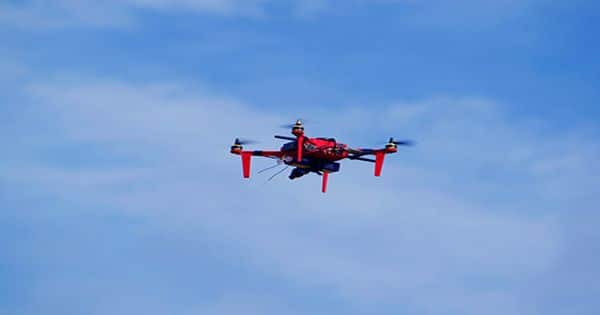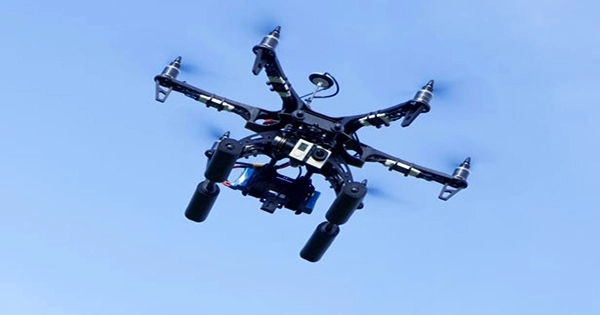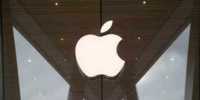Terra Drone, a Japanese business, aims to make sure that air trafficking isn’t forgotten as the usage of drones, electric vertical take-off, landing vehicles, and uncrewed aerial vehicles grow. “Our airspace will become more crowded than ever before, yet most firms today are focused primarily on hardware development,” said Toru Tokushige, CEO of Terra Drone and Terra Motors, a company that produces electric cars. “A worldwide air traffic management system is urgently needed to allow safe and effective drone and urban air mobility (UAM) operations, and Terra Drone aspires to be the main player constructing the digital infrastructure in the sky,” says the company.
Terra Drone is a drone software, hardware, and uncrewed aircraft system traffic Management Company that was founded in 2016. Mitsui Corporation led a $70 million (8 billion JPY) Series B financing, which the business announced on Wednesday. The current fundraising round, which increases the total amount received to $83 million, comes nearly a year after the company raised $14.4 million in a Series around in February 2021. Other investors in the round included SBI Investment, Tokyu Land Corporation, Kushu Electric Power, Seika Corporation, JOIN (Japan Overseas Infrastructure Investment Corporation for Transport and Urban Development), and outgoing investor Venture Lab Investment.

Terra Drone’s COO, Teppei Seki, told TechCrunch that the Series B will be used to expand the company’s staff and drive its worldwide development into Europe, the United States, and Southeast Asia. The cash would also be utilized to buy businesses in such areas, according to Seki, who did not reveal the company’s value. In 2018, the business bought Terra Inspectioneering, a drone company located in the Netherlands, and in 2016, it invested in Unifly, a drone startup based in Belgium.
Terra’s earnings will also be used to promote autonomous beyond visual line of sight technology for drone and air taxi operations through its uncrewed aircraft system traffic management solutions, as well as to boost the development of Terra’s UAM services, according to the company. When questioned about Terra Drone’s future steps following Series B, Seki told TechCrunch that the company is thinking about going public. Seki also mentioned that the business might raise more money before its IPO.
Oil and gas businesses including Shell, Chevron, BP, ExxonMobil, ConocoPhillips, Vopak, and Japan’s Inpex Corporation, as well as chemical firms like BASF and Kansai Electric Power, are among Terra Drone’s 500 clients. According to Seki, the company also provides inspection services to Bunge Foods and survey services to building industries. According to a Fortune Business Insights research issued in February 2022, the oil and gas sector pays around $50.76 billion annually to monitor onshore and offshore pipelines, with a focus on rig inspection for safety and improved performance.
According to Seki, Terra Drones may detect problems such as corrosion in structures, paint failures, and other structural issues. From $142 million in 2021, the worldwide drone surveillance market is predicted to rise to $476.5 million in 2028. According to Terra’s IR deck, the worldwide UAM industry is expected to grow to $1.5 trillion by 2040. TEPCO, Japan Airlines, KDDI, Japan’s top telecom firm, Inpex, and the Ministry of Land, Infrastructure, and Transport are among the corporations and government agencies with whom Terra Drone is collaborating on projects. In addition, the firm has been collaborating with the Japan Aerospace Exploration Agency (JAXA) on crewed and uncrewed aircraft flight management.
The company’s primary difference, according to Seki, is its unique technology, which allows the drone to push the ultrasonic testing, or ultrasonic thickness probe, against a surface without the use of a scaffold to measure the thickness of walls. “Through the sale of survey-grade hardware and software such as Terra LiDAR (light detection and ranging) and Terra LiDAR Cloud, providing specialized services such as ultrasonic thickness (UT) measurements and non-destructive testing (NDT) using drones through our [subsidiary] Terra Inspectioneering, and a strategic consolidation of overseas business, we are well-positioned for success,” Tokushige said. “We’ll be able to expand operations and innovate more quickly.”
Terra Drone competes with worldwide drone firms such as Sky-Futures in the United Kingdom, CyberHawk in Malaysia, and Aerodyne in Malaysia. AirMap and YellowScan, a provider of UAV lidar systems for drones located in France, are also rivals, according to Seki. Terra Drone employs 60 people, with a total of 500 people working for its subsidiaries across the world.













